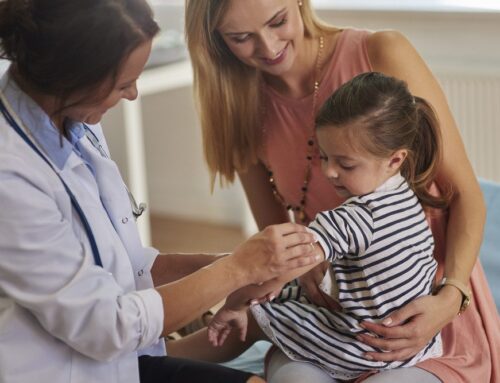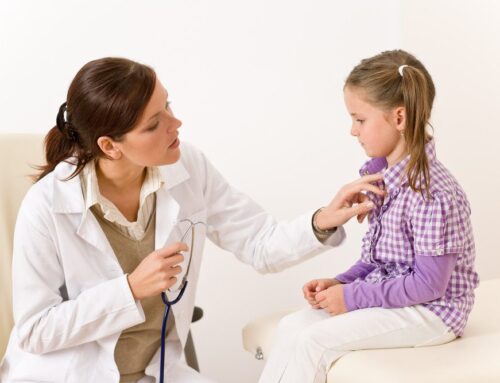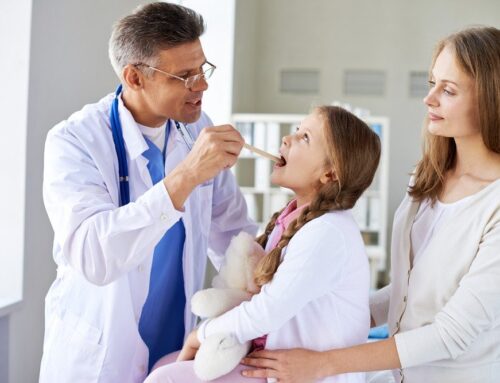RSV or respiratory syncytial (sin-SISH-uhl) virus, looks and sounds a lot like a cold, but it’s not. What is the difference? When should you be concerned enough to call your North Phoenix pediatrics office?
RSV is a respiratory virus which infects the lungs and breathing passages. It is highly contagious, and usually effects very young children and older adults. In children under the age of one, RSV is recognized as the leading cause of pneumonia and bronchiolitis.
Healthy children that are infected will usually weather the symptoms well, and recover completely in a week or two.
Diagnosis and Treatment
Because RSV is a viral infection and not bacterial, it cannot be treated with antibiotics. There is no known vaccine yet. It is diagnosed by taking a swab of nasal fluids at your North Phoenix pediatrics office.
For high-risk infants, there is a shot to prevent RSV, but it is quite expensive and health insurance will only pick it up by following strict criteria.
Always provide your little one with plenty of fluids. Use a cool-mist vaporizer anyway, all during the winter months, to keep the air moist in their rooms. Make sure to blow little noses frequently or use a nasal aspirator.
Only give non-aspirin pain relievers, such as acetaminophen. Never give aspirin to babies as it causes dangerous side effects.
When to Call the Doctor
If your little one has difficulty breathing, whether they are very stuffed up or wheezing, or struggling for breath, visit your doctor or pediatrician immediately. This is the best time to call your North Phoenix pediatrics office.
Any yellow discharge from the nose or extreme tiredness should also be a sign all is not well with your child.
High fevers or bad skin color warrants a phone call to your Pediatrix office ASAP.
How is RSV Transmitted and Prevented
Anyone infected with RSV are usually contagious for 3 to 8 days. Anything they touch (a doorknob, schoolbooks, toys, etc.) can be a vector for spreading the disease.
RSV is also spread by coughing, which sends the infected air droplets into the air which can be breathed in by others.
Any touching or rubbing of eyes or faces can also transmit the infection.
The best remedy for preventing RSV is frequent handwashing. Children should be encouraged to do this often.
Following cold remedies for kids usually will be successful. Remember to cover their noses and mouths when sneezing and coughing, because this is another great way to help keep RSV from spreading.





